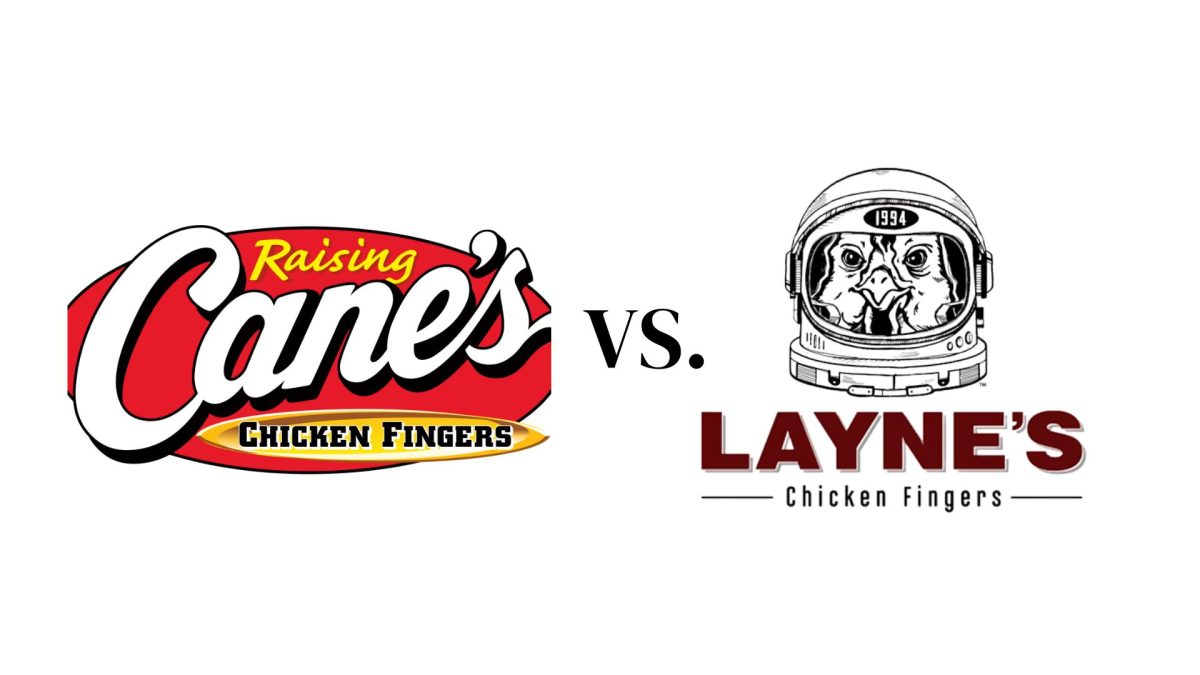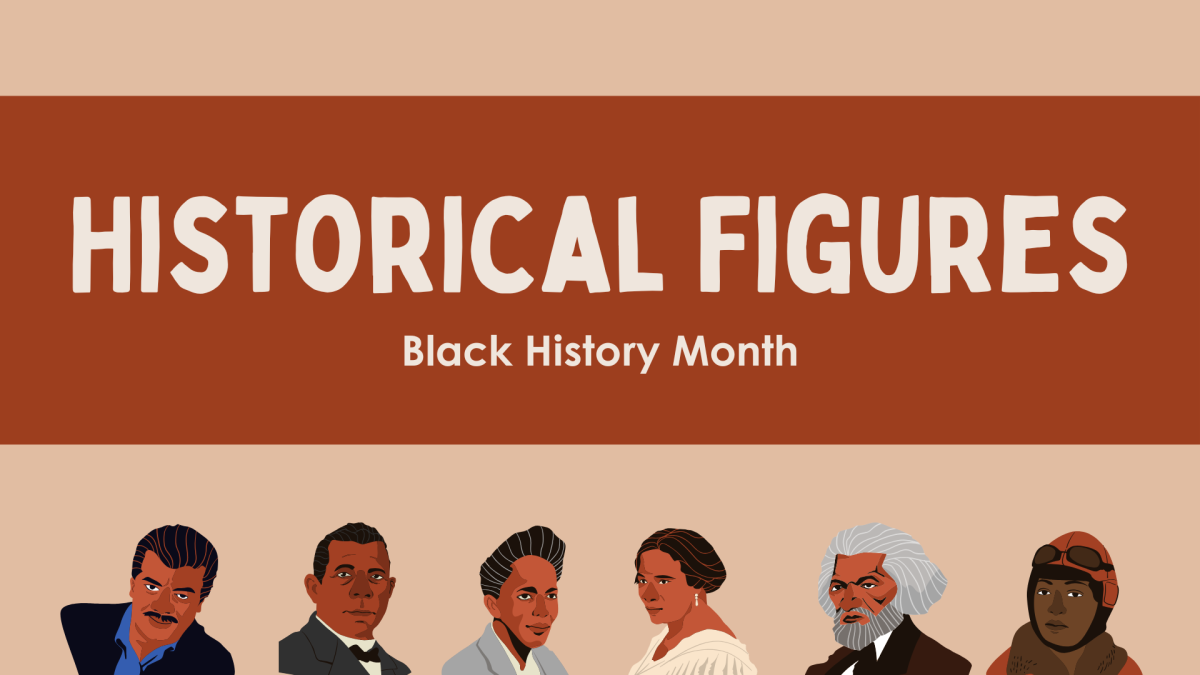College Board is a Monopoly, and Not in the Fun Board Game Type Way: Viewpoint

May 12, 2022
The College board’s score report is in and from here, it’s not looking good. Maybe I’m just a jaded senior in the middle of my last season of AP exams, but the College Board does not deserve to pass go and collect the $200.
Most high schoolers and those pursuing higher education are familiar with the organization known as the College Board. After a quick google search, I found that the College Board is an “American nonprofit organization that was formed in December 1899 as the College Entrance Examination Board to expand access to higher education.” A further query into what exactly it is that College Board does yielded, “The College Board develops and administers standardized tests and curricula used by K–12 and post-secondary education institutions to promote college-readiness and as part of the college admissions process. The College Board is headquartered in New York City.” According to the definition, College Board is a non-profit organization, but where does all the money students pay for exams go and how is it used? After yet more research, it was found that it isn’t necessarily clear what college board uses the money they make for. And they make a lot of money.
College Board’s main revenue comes from exam fees, whether that be AP exams or SATs. AP exams cost $95 and that’s only if you pay before their deadline of November 14th. If you miss that deadline there’s a $40 late fee that you must pay. SATs cost $52 at their least, but when you add the “perks” they include with SAT packages, it can cost up to $233.
In 2017, the College Board generated $1.1 billion in revenue and in 2020, they generated over $1.2 billion. The College Board has grown their operating profit margin to 14%. This means that they made roughly $150-$160 million in 2019.
Again this all begs the question, where is the money going? The College Board themselves say, “Our revenue is reinvested into fee waivers and in programs that expand educational opportunities for all students.” While it is true that College Board provides fee waivers for students that may not be able to afford the exorbitant fees of the exams they need to take, the rest of their financial activities are cloaked in a layer of mystery. Nobody truly knows what the money College Board makes funds
To further understand the inner workings of College Board’s finances, it may be beneficial to understand the laws and regulations placed on a non profit organization. Individuals who work for a non-profit organization still get paid, which may sound counterintuitive, as one would expect all money and profit made to be put back into reaching the organization’s goals, but it makes sense when considering that the employees of a non-profit keep the organization running. The IRS let a 501(c)(3) nonprofit pay “reasonable salaries to officers, employees, or agents for services rendered to further the nonprofit corporation’s tax-exempt purposes.” That being said, most nonprofit organizations have a small paid staff and run mostly with volunteers. It is generally left to the discretion of the organization how big they want their staff to be and what a “reasonable salary” means to them. However, the IRS can penalize a nonprofit organization for excessive pay.
With that information in mind, I looked into the salaries of the College Board executives and board. The most recent data available is from 2018, when Chief Executive Officer David Coleman made $1.8 million and President Jeremy Singer made just over $1 million. Additionally the organization adds almost $100 million in cash every year from operations and gains in investments. They also have investments in hedge funds and anonymous investors, which accumulated $675 million in four years. Additionally, College Board has money in off-shore accounts such as $162 million in the Caribbean and an undisclosed amount in the island of Mauritius. Neither one of these accounts is taxable. That cannot be a coincidence.
Nonprofit organizations are also supposed to be transparent in their financial dealings and reporting, which the College Board is not. They make it difficult to view their investments and what they use overhead costs for. They even refused to be interviewed when asked according to many different sources. The secrecy makes everything feel very suspicious, especially for an organization whose mission statement is, “[to] connect students to college success and opportunity. We are a not-for-profit membership organization committed to excellence and equity in education.”
They may be committed to equity in education, but they have a funny way of showing it. In 2020, at the beginning of the COVID-19 pandemic, the College Board faced a lot of backlash in their handling of that year’s exam administration. The exams that year were moved online and shortened. Students were expected to log onto their exams at the designated time and submit them all before the timer ran out. The first problem with this is that not every student has access to stable at-home internet. For example, when one student did not have a reliable internet connection, the College Board allegedly told her teacher to tell her, “bum free Wi-Fi off the McDonald’s on Knickerbocker,” according to Stephanie Sun, a journalist for Daily News. In what way is this promoting equity for all students? Since when should only students who have stable internet have access to a quiet workspace when those who don’t have to work in a loud public space?
Another problem with the 2020 test administration was the fact that if your work did not submit then you had to retake the exams weeks after school had already ended.
“My chemistry exam didn’t go through and I cried. I had to retake it two weeks after school ended, a month after my original test. And it sucks because I felt better about the first one. I just felt so defeated,” one senior from Culpeper County High School said. A senior from Fauquier High School said, “my first test went so well and then I had to take it again. It was just so pointless,” when faced with a similar situation. As someone fortunate enough to have a stable internet connection, I did not face this problem, but many of my friends did. This is not equity in education, but rather a reward for privilege.
Building on that, having to pay for every exam that you take is ridiculous. Not everyone can afford to dish out $95 for AP exams, but are forced to if they want to get the college credit. If they cannot pay the price, their only other option to get credit for that class is to pay for dual enrollment, which can be even more expensive than the AP exam itself. Additionally, before the COVID-19 pandemic, SAT scores were required for most college applications. This is yet another expense that students must pay for the sake of their education. At its cheapest, the SAT is $52, which is no small sum especially if you want to take it with the essay (which is no longer an option) which would bump the price up to $68.
Not only do you have to pay for these exams, you also have to pay to send your scores to colleges because you only get one free score report, as they say at the end of every single College Board exam you take. For someone who applies to many colleges, having to pay for the score reports as well as the applications is not always feasible. Some counties do not even pay for student’s AP exams, as Fauquier County does. “If my county paid for my exams I would study for them more, but I wouldn’t want them to be required,” a student from Eastern View High School said.
This lack of equity leads to College Board exams and by extension, higher education, inaccessible to those less fortunate. “[College Board] is a little classist, as students are required to pay to have test scores sent to schools. The intent of College Board is really incredible, as it creates a unified program for measuring academic prowess for students across the country, but there are several flaws in its development,” junior Annie Sutliff wisely said. However, the lack of equity is not the only flaw seen in College Board’s operations, many individuals are not thrilled with the monopoly College Board holds over testing.
Say a student did not want to take the SAT, they could opt out, but up until the pandemic, SATs were all but required to get into college. Colleges only recognize the College Board, and their organization is so big, no one else has any chance of competing.
Speaking from personal experience, College Board exams are almost suffocating. When you are dual enrolled and still required to take them, it feels as though you have to do well, even if it does not affect whether you get the weighted credit. If you want to get into college you simply have to take the SATs. “College Board provides an excellent opportunity for students that already put a lot of academic pressure on themselves to force themselves under more pressure and undergo two weeks of testing, often with tests back to back,” Annie added in reference to AP exams. AP exams are a grueling process, and paired with wanting to do well to pass as well as having to take as many as six or seven exams over the two week exam administration, those two weeks can become the worst weeks of the school year. Additionally, standardized exams are not a good show of mastery of concepts or knowledge gained over a school year or semester. “College Board does not allow for creativity, nor is it reflective of mastery of a subject,” Latin teacher Natalie Fort said.
Furthermore, because colleges look to AP exam scores as an indication of whether a student has a sufficient handle on certain courses, the College Board also has a monopoly on school curriculum. In many classes students hear, “I wish we could slow down, but we have to cover everything that will be on the AP exam.” This leads to breakneck speeds when learning course content, which only leads to cataloging the information in short-term memory rather than truly mastering it.
Lastly, College Board’s procedures for exams and the language used by every test proctor administering the exam across the nation comes off as menacing. Throughout the exam, no matter what the exam is, there is much discussion on how to get your scores canceled. No one can discuss the exam or its content, upon the penalty that your score for that particular exam gets canceled without the opportunity for a retake. The College Board also has every student seal their exam with stickers to ensure that it is not tampered with or changed after the exam. To add on to their threats, each school must send their tests back in a certain way, “[the exams] have to be shipped back in a specific way, all in the same box, very particularly. And then they only score the sections that they receive. One year, they ‘lost’ a portion of my sister’s exam and she had to retake it.” Ms. Fort added when discussing her personal experiences as a student.
Overall, after much research, much discussion, and from personal experience, it is clear that the College Board must change the way it operates. Its shady financial dealings and classist procedures must at least warrant an investigation from the Department of Education, but after 122 years, it is unlikely that that will ever happen. Perhaps it was once an organization founded with good intentions, but somewhere along the way, the College Board became greedy, and a monopoly was created over children’s education.
Sources:
Fritz, J. (2021, June 30). Nonprofit salaries: Laws and average pay. The Balance Small Business. Retrieved May 12, 2022, from https://www.thebalancesmb.com/can-nonprofits-pay-staff-2501893
How much does the College Board make off the SAT and AP exams? Financial Samurai. (2021, August 6). Retrieved May 12, 2022, from https://www.financialsamurai.com/how-much-does-the-college-board-make-off-the-sat-and-ap-exams/
Paterno, S. (2021, May 21). Dropping sat won’t Diminish College Board clout. Forbes. Retrieved May 12, 2022, from https://www.forbes.com/sites/susanpaterno/2021/05/21/dropping-sat-wont-diminish-college-board-clout/
The Real College Board – Finance. (n.d.). Retrieved May 12, 2022, from https://www.therealcollegeboard.org/finance
Sun, S. (2020, May 17). Taking an AP test outside MCD’s: The low-income student’s predicament. New York Daily News. Retrieved May 12, 2022, from https://www.nydailynews.com/opinion/ny-oped-taking-an-ap-test-outside-mcds-20200518-pbzbctec4rgnvkhlwrzfsd3poe-story.html




















